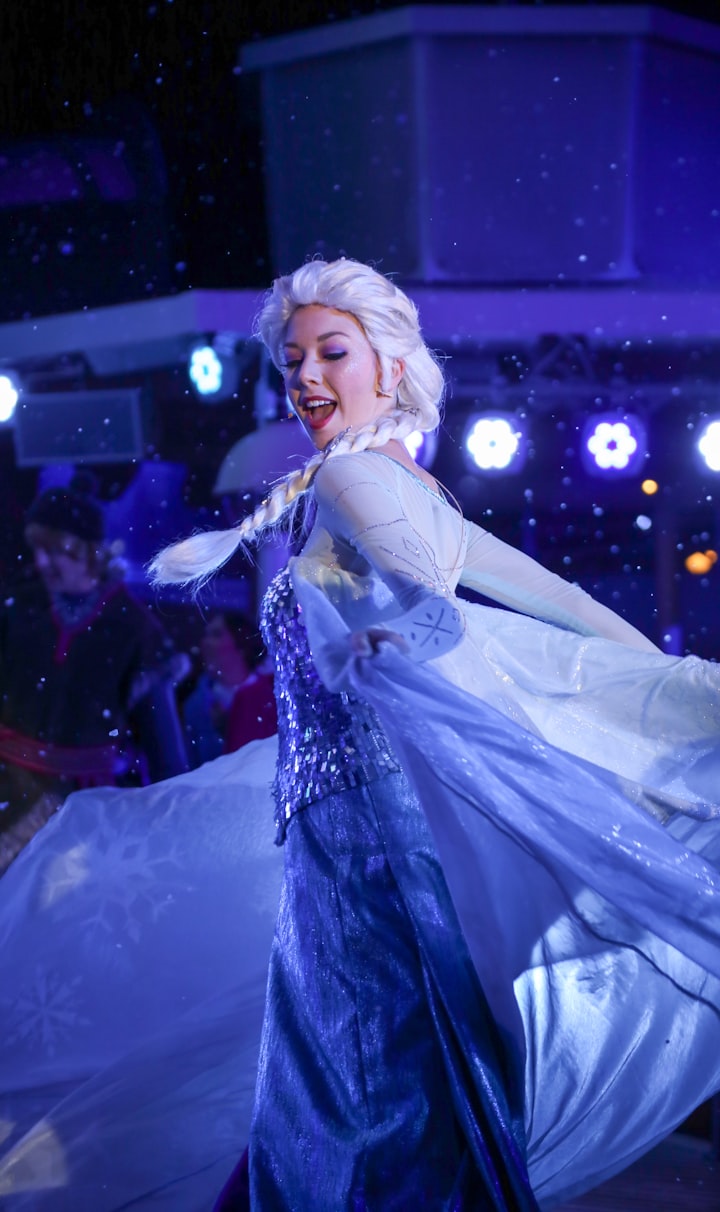Academic/Essay Writing: A Creative Act
The Beauty Behind the Bother

It's May, the time of year when at least American students at all levels have their eyes set on summer with their last weeks of school still to be conquered. For many, that means taking on the oft-dreaded final essay. The research, the organizing, writing enough to reach that minimum page or word requirement (or, if you're a windbag like I am, cutting it down when there's a maximum), school-required academic/essay writing can be overwhelming. It can also be invigorating if you enjoy the subject. You might not even want to leave your academic/essay writing behind in the classroom.
For whatever reason, I find most–not all but most–academic/essay writing exciting. (Yeah, I’m a geek. I own it.) I’m not alone in my love of academic/essay writing, not even among fiction writers. Edgar Allen Poe wrote essays on literature and writing. Virginia Woolf composed essays as well, most notably her book-length essay A Room of One’s Own.
But what’s the appeal? Why would anyone want to slave over books and analysis, real people and real-world issues, even statistics and other dry facts, rather than letting the imagination run wild in fiction or poetry? In truth, academic/essay writing isn’t much different from fiction and poetic writing.
What we tend to forget is that academic/essay writing is a creative act. Yes, it can feel very stifling when we’re assigned essay prompts in class and have to worry about writing something that the professor thinks fulfills said prompt. Yet even that sort of academic/essay writing can be creative, if we stumble across a prompt that we’re excited about. That’s where the creativity of academic/essay writing first appears: the topic.
As with anything we write, academic/essay writing becomes its most creative when we are passionate about the topic. We aren’t always so fortunate when we have to write essays for school. When I received my Bachelor's in English and Master's in Creative Writing, I often lucked out and found prompts and/or books in my classes about which I could enjoy writing. (That includes Moby-Dick, although I mostly have my own creativity with the prompt to thank for that since I doubt I could have made myself write about that book otherwise.)
However, essays–even academic essays–outside of the classroom can be about anything you want. You just have to be interested in the subject and know something about it. I personally have a lot of topics that I want to cover in an essay or academic book someday, such as the influence of Arthurian romances on the modern soap opera and the etymological evolution of the word “gay.”
Of course, not everyone who writes essays, even academically, write about literature or language. My entire world is pretty much books and words. They’re how I understand and navigate the world and how I express my thoughts. It’s only natural for me to gravitate towards analyzing literature and its sociological, historical, and/or psychological impacts. You can write essays on the physical benefits of yoga and meditation, how economic turmoil after World War I served as a catalyst for the Nazi regime, your views on human consciousness, and so on. You can also write personal essays. (I’m not too familiar with these so I’ll leave a link to a Writer’s Digest article on the matter.) The possibilities are endless.
The part of academic/essay writing that requires the most creative effort, though, is the actual writing.
Let’s face it, first drafts are difficult in fiction and poetry; they’re even harder in non-fiction, especially academic/essay writing. The topic you’re writing about may be interesting, but you’ll never keep the reader’s attention if your writing isn’t just as interesting.
Determining the appropriate length for academic/essay writing can take just as much creativity, especially when you no longer have the requirements of a school assignment. Length is one of the first things we’re concerned about when reading–and writing–academic pieces and essays. As readers, we don’t want to read something tremendously long for fear of being bored. Still, we want the writer to thoroughly cover the subject. If they don’t, it’s not even worth reading. Academic/essay writers must find the right balance, and this balance is never the same from one piece to the next. We must know what to keep to make our point and which darlings to kill, a creative act that we find in fiction and poetry as well.
As in fiction and poetry, the voice and tone of the work can make or break the essay. In personal essays, you also need a narrative arc. Then we have the demons that seem small but can have a huge impact: organization, grammar, sentence length variation, and word choice. Even the most minor error in word choice could put an essay out of the intellectual reach of its target audience. It sounds laborious, but like revising and editing a short story, novel, or poem, it's a labor of love.
Academic/essay writing is as much a creative act as fiction and poetry. It might not feel like it while we're writing essays in school, and perhaps the time has come to change that. Fiction and poetry writers love or grow to love those kinds of writing because they find the beauty in them and how those forms allow them to express themselves. I love writing, including academic/essay writing, because I learned early on how it could help me tap into the parts of my mind, from the roaring dragons of my fantasy-fueled imagination to my pattern-seeking inner researcher. Essays and academic pieces are not just frustrating school assignments; they are yet another medium through which you can explore yourself and your interests.
This piece is an updated version of the post "Academic/Essay Writing: A Creative Act", first published on my blog, The Writer's Scrap Bin. You can see the original post here.
About the Creator
Stephanie Hoogstad
With a BA in English and MSc in Creative Writing, writing is my life. I have edited and ghost written for years with some published stories and poems of my own.
Learn more about me: thewritersscrapbin.com
Support my writing: Patreon






Comments
There are no comments for this story
Be the first to respond and start the conversation.